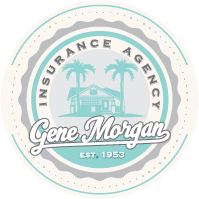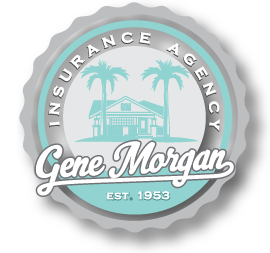Water Claims on the Rise

Recently we have been seeing more water claims than ever! Because of this new trend, we want to pass on some helpful information for water claims as well as tips to help you protect your home to avoid a loss.
Most insurance policies provide coverage for water damage that can be described as “sudden and accidental” such as a burst pipe or wind driven rain. Some policies cover sewer and drain backup, but generally that is an extra coverage that you need to purchase. Otherwise overflow of a sewer or drain will not be covered and will leave you with quite a mess. Maintenance, or wear and tear issues, such as a slow lead over an extended period of time usually are not covered. Additionally, flooding from a river or other water source is not covered by a homeowners policy. A specific flood policy would need to be purchased in order to have coverage for that type of loss.
It is importatnt to know what EXACTLY is covered on your homeowners policy in the event of a water loss. Since most people do not think about this until it is too late, here are some helpful tips from the Insurance Information Institute to protect your home from water damage:
Inside Your Home
- Inspect hoses and faucets. Check hoses leading to water heaters, dishwashers, washing machines and refrigerator icemakers annually. Replace those with cracks or leaks, and replace them all every five to seven years.
- Inspect showers and tubs. Check the seal and caulking around showers and tubs to make sure they are watertight.
- Shut off the water supply to the washing machine while away on vacation, and never leave the house while the washer or dishwasher is running.
- Know the location of the main water shut off valve in your home. A damaged hose or a burst pipe can send water racing into your home. By knowing where this valve is located and how to shut off the main water supply, you can save yourself time and money.
- Install an emergency pressure release valve in your plumbing system. This will protect against the increased pressure caused by freezing pipes and can help prevent your pipes from bursting.
- Check pipes. Look closely for cracks and leaks and have the pipes repaired immediately.
Outside Your Home
- Caulk and seal windows. Preventive maintenance will guard against water seepage.
- Inspect your roof. Look for missing, damaged, and aging shingles.
- Check your downspouts. Remove debris that may have accumulated in downspouts and rain gutters. Position downspouts so that they direct water away from the house.
- Check sprinklers and irrigations systems. Be sure sprinklers and irrigation systems are not damaging the walls and foundations of the house; turn off and drain outside faucets to protect against frozen pipes.
- Install gutter guards.Gutter guards are the device used to protect the clogging of the roof gutter so that the water from the roof may flow easily and accumulation of water does not take place on the roof but away from the house.
For more information, please visit www.iii.org, or call your insurance agent today!

